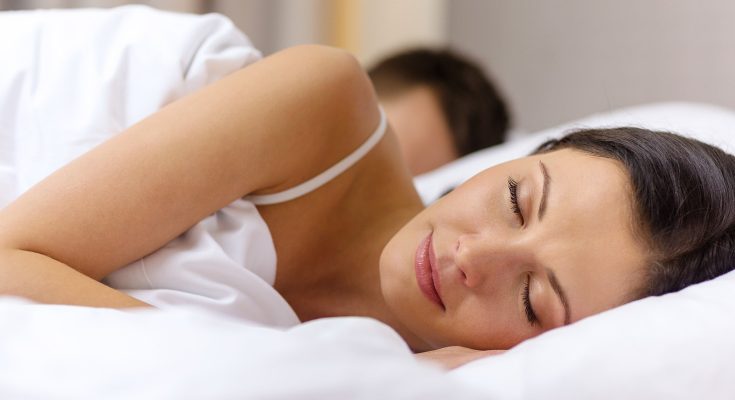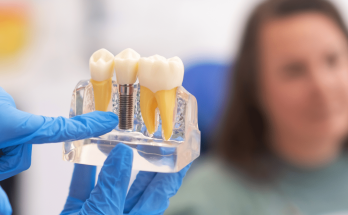Do you feel your eyes drying up and feeling tired by the time you’re done with work? You probably also feel the eye exhaustion in the middle of the day.
The causes behind eye fatigue varies, but it all boils down to this: Your eyes are exhausted! Common reasons behind eye fatigue include working a job that requires extreme eye focus, such as driving, reading, or swimming. And amid our increasing technology usage, eye fatigue is becoming a growing issue for students and employees.
Another thing that affects your eyes is how you sleep. In this article, we’ll talk about how sleep affects eye health.
How Sleep Affects Eyes
There are five stages of sleep, but you only enter rapid eye movement (REM) on the final stage. The eye movement will signify a crucial stage of deep sleep, aiding procedural memory, which is reached after sleeping for 70-90 minutes.
You would go through the five stages several times during a whole night’s sleep. You would experience the fifth stage more than once when you get about eight hours of sleep. If you have a short amount of sleep, you get less REM sleep, which has you lose access to crucial eye rejuvenation processes, such as:
- Sloughing off old proteins and cells
- Making way for new and healthy cells
- Replenishment of tear ducts while cleaning and renewing the eyes
Since natural eye liquid would lubricate and protect your eyes from infection, your dried and exhausted eyes will become even more vulnerable to conditions that require you to see an eye doctor in Avon Indiana for treatment. That’s why it’s crucial to get at least eight hours of sleep not only for your eye health, but for your mind and body, too.
What Eye Symptoms are Caused by Lack of Sleep?
Lack of sleep would prevent crucial eye-renewal processes. If you don’t get enough sleep, you can start to experience the following symptoms:
- Blurry vision
- Dryness and irritation
- Eye spasms or twitches
- Moderate eye pain
- Red or bloodshot eyes
- Swollen or baggy eyes
- Sensitivity to light
If you feel any of these symptoms, we recommend getting an affordable eye exam from clinics like Dr. Tavel Family Eye Care to diagnose and treat any issues you have.
While the symptoms mentioned above aren’t likely serious ones, they will affect your day and overall quality of life. Furthermore, not getting enough sleep can cause you to suffer from certain conditions, such as:
- Chronic dry eye – Your eyes can’t produce new tears and clean themselves at night. If you don’t have enough deep sleep, your eyes lack the protection and tears they need.
- Glaucoma – Sleep deprivation won’t cause glaucoma, but sleep apnea is connected to the development of this eye condition. Lack of oxygen from sleep apnea can increase the chance of glaucoma, negatively affecting your optic nerves.
- Ischemic optic neuropathy – lack of blood flow that damages your optic nerve, resulting in unclear sight and sharp pains.
Wrapping It Up
Now that you know the importance of sleep when it comes to eye health, make sure you begin getting enough of it, starting tonight!




